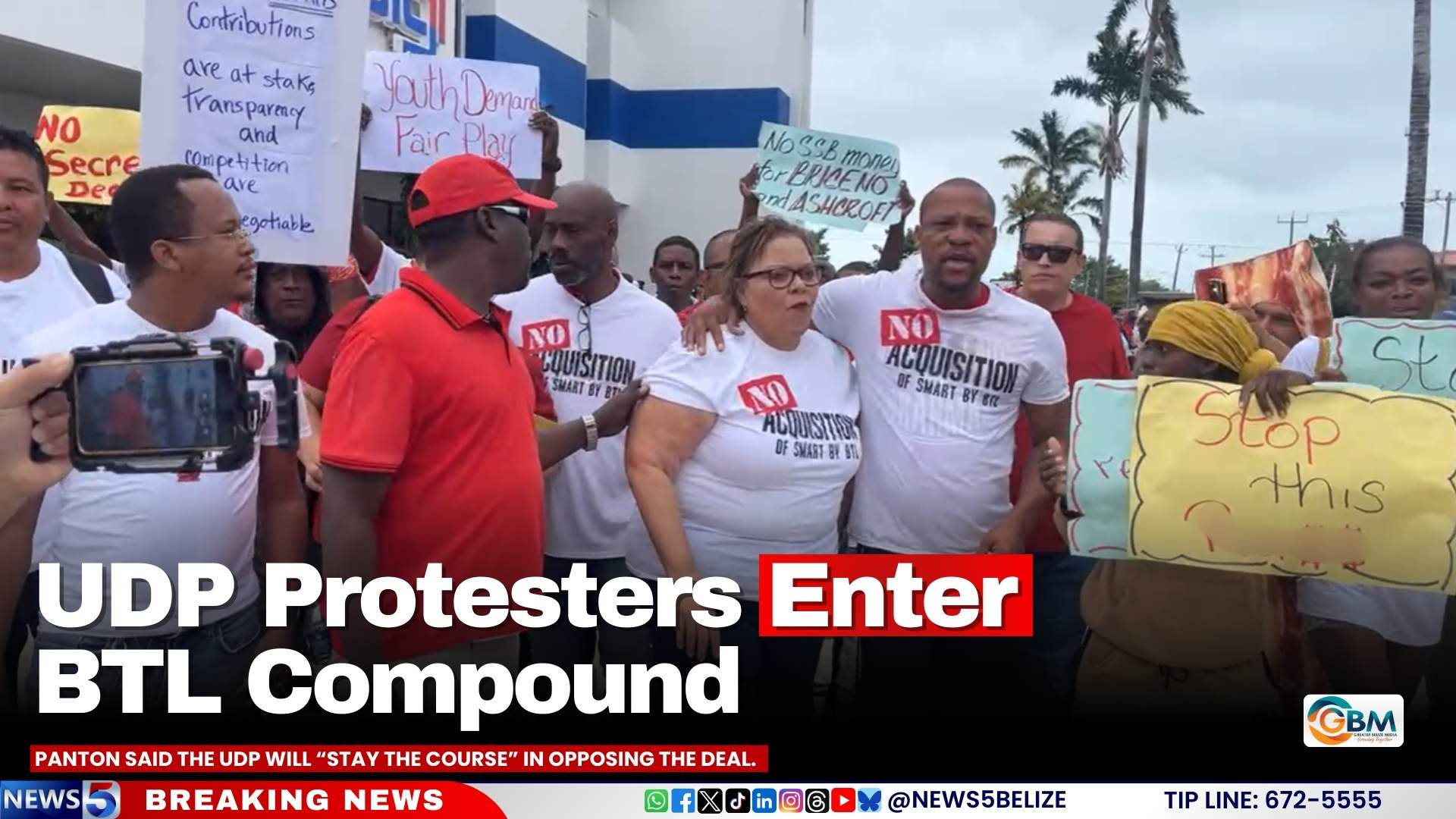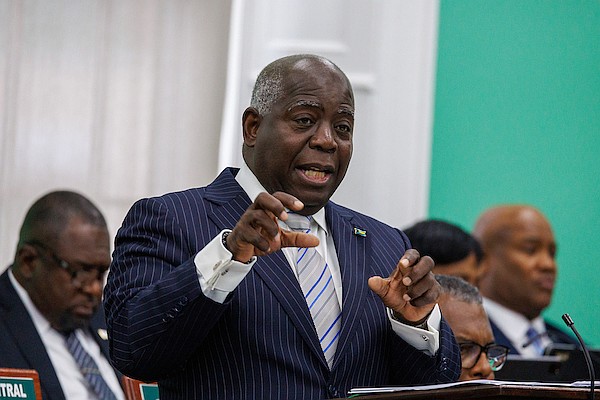In a subdued political ceremony devoid of traditional fanfare, Democratic Labour Party candidate Neil Marshall formally submitted his nomination for the St Philip South constituency on Thursday morning. The nomination process, administered by Returning Officer Karan Callender and Election Clerk Jacquiline Trotman, commenced at 11 a.m. and concluded approximately 55 minutes later, marking Marshall’s second consecutive bid for the parliamentary seat.
Distinguishing his approach from the typical carnival-like atmosphere that characterizes Barbadian political nominations, Marshall emphasized his commitment to substantive representation over theatrical politics. ‘This is a serious exercise, serious business, and I don’t make light of it,’ Marshall stated, articulating his conviction that constituents prioritize genuine engagement over political ‘razzmatazz.’
As a resident of the constituency himself, Marshall claims intimate familiarity with the pressing issues facing the community. He identified three primary concerns dominating voter priorities: the escalating cost of living, rising crime rates, and deteriorating road infrastructure. His campaign platform centers on addressing these concrete problems rather than employing spectacle-driven politics.
The nomination process in St Philip South anticipates two additional candidates: John Wayne Scantlebury representing the Bajan Free Party and Omar Smith from Friends of Democracy, both expected to complete their filings imminently. This sets the stage for a multi-party contest in the upcoming elections, with Marshall positioning himself as the serious, community-rooted alternative to incumbent Indar Weir.

